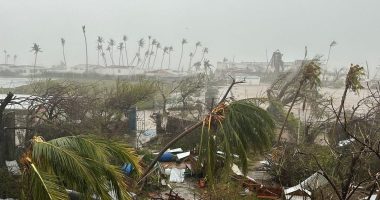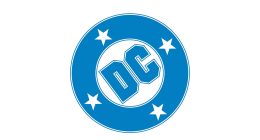Unlock the Editor’s Digest for free
Some TV shows could only be made in America. In an early episode of the comedy series Seinfeld a character sued a coffee chain after he shoved a cup inside his shirt to sneak it into a cinema and burnt himself. Kramer hired a stereotypical huckster New York attorney to argue the cup lid was faulty.
EU companies believe Brussels could leave them burnt, too, with legislation passed last month. A revised Product Liability Directive reverses the burden of proof on manufacturers of physical and digital goods. If a company or customer alleges a fault or injury they must show their product was not responsible, rather than the other way around.
Businesses argue that, unlike in the US, there is already strong regulation and enforcement, so the change is not necessary. “The EU has public enforcement and the US has private enforcement. Now the EU has decided to have both,” said one lawyer, who declined to be named.
Kaarli Eichhorn, partner at Jones Day, told the FT that “the newly adopted rules on product liability have caused great concerns among the wider business community, including American investors who are familiar with the toxic litigious environment in the US”. He speaks on the issue for AmCham EU, which represents American investors in the bloc.
“European consumer access to redress in cases where genuine harm has been caused by a product is essential. However, the new rules are likely to principally benefit profit-seeking plaintiff law firms and litigation-funding companies,” he said.
One medical device company executive suggests the directive could be counterproductive, giving the example of an operation that goes wrong and leaves a patient crippled. They added that dozens of items from different producers would have been used and that unless you could prove yours was not defective, you would be on the hook.
But consumer organisations defend the refreshed PLD. The European Consumer Organisation (BEUC) said there were regimes in each of the 27 member states that differed over whether software counted as a product, and when smart devices could be considered “defective”.
“Now if a battery-saving app causes a smartphone to overheat and catch fire, which in turn damages your home, consumers will be able to claim compensation for the damaged property,” Urs Buscke, senior legal officer at BEUC, said. A €500 minimum threshold for claiming compensation for material damage has also been abolished.
But another concern for businesses is that competitors — especially from China — could bring spurious cases simply to force them to divulge sensitive information. The FT reported in November that a Chinese company had funded several intellectual property law suits in the US that could force the defendants to disclose patented inventions. Carl Bildt, the former Swedish prime minister, recently wrote that Chinese companies already financed commercial disputes with the aim of gaining access to trade secrets. “The new law would multiply these risks,” he said.
The EU also made class-action lawsuits easier with a Representative Action Directive that came into force last year. Member states can designate public bodies or consumer groups that can then bring lawsuits, possibly with outside funding, in the sort of “no win, no fee” cases common across the Atlantic.
Data is scarce about how many actions are bought annually under the PLD. But the European Commission estimated in 2022 there were between 209 and 452 settled in court and six to seven times more out of court. The complainant success rate for both was about 60 per cent.
The PLD impact assessment estimated annual payouts from the reformed system could reach €217mn and insurance costs for companies rise around 10 per cent.
BEUC believes the business reaction is overdone. Alexandre Biard, team leader for enforcement, said: “It’s frankly very hard to imagine a business leaving the EU market — and the opportunities it represents for them — because of the fear of being sued by consumers who are harmed.”
“Furthermore, there are all kinds of safeguards built into the system to prevent abuses of legal action, including reviews by judges of the merits of the action before it is launched.”
In Kramer’s case, coffee chain Java World opted to settle out of court. When he was offered free coffee for life, he shook on it, much to the dismay of sharp-suited lawyer Jackie Chiles. European companies will be lucky to get off so lightly.
andy.bounds@ft.com
Also Read More: World News | Entertainment News | Celeb News









